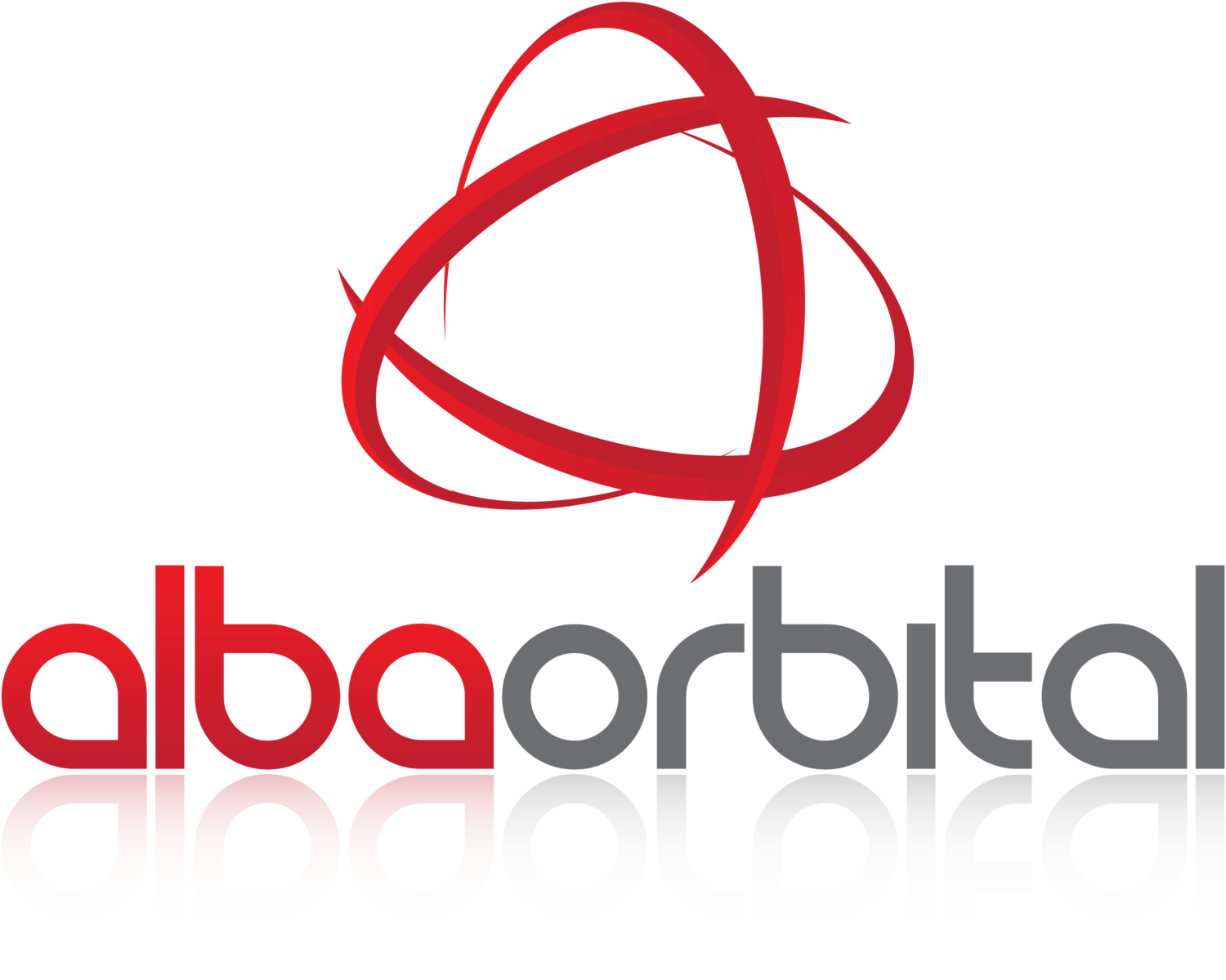Alba Orbital to launch 4th PocketQube, HUNITY, for BME in Q4 2025
How the education sector is utilising PocketQubes for satellite learning
Tom Walkinshaw - Alba Orbital Founder/CEO & Herman Tibor - BME Scientific Researcher & PocketQube Satellite Developer
May 1st 2025 - Glasgow, UK Alba Orbital, the world's leading PocketQube rideshare provider, is launching and deploying HUNITY (AKA NMHH-1), a satellite developed by the Radio Club of BME and the Budapest University of Technology and Economics (BME), into orbit in Q4 2025.
This is part of another rideshare agreement between both organisations. Previous satellites from BME, ATL-1, SMOG-P and MRC-100, were also managed by Alba Orbital to get them to orbit.
HUNITY is a 3P PocketQube platform (external dimensions: 178 mm × 50 mm × 50 mm), and the most recent satellite developed by BME as part of an academic program led by students and lecturers.
It is the successor to the SMOG-P, SMOG-1, and MRC-100 missions, and its name reflects its core values, combining the words Hungary, unity, and university. The mission is sponsored by Nemzeti Média- és Hírközlési Hatóság (National Media and Infocommunications Authority).
The NMHH-1 satellite is designed and built to fly on board Alba Orbital’s ‘Flight 10’ PocketQube rideshare mission. HUNITY is going to be deployed at Low Earth Orbit (LEO) using Alba Orbital’s own AlbaPod deployer.
While NMHH-1 orbiting the Earth, the satellite's primary mission is dedicated to testing the satellite platform, which will be commercialized later.
There will be several side missions of the picosatellite:
A technology demonstration to host all subsystems of the satellite of BME’s partner University of Győr (Széchenyi István Egyetem). Their satellite will be a PocketQube satellite inside the satellite NMHH-1 as a payload.
After the first contact has been made and everything has been properly tested, there will be possibility for high school students to perform experiments of their own on the satellite.
HUNITY features a module dedicated to a Raspberry Pi Pico 2 that has some sensors attached and anyone can submit their code which can be uploaded to provide telemetry data
For the first time at BME, the solar array wings are going to be deployed at the start of the flight of the satellite to generate the power for the subsystems.
Looking to start your journey into orbit or use our in-house testing equipment? Get started here!
About Alba Orbital
Alba Orbital (UK, USA, Germany) is the world’s leading PocketQube company, having delivered 53 pico-satellites on orbit to date. Alba is a vertically integrated NewSpace company ‘democratising access to space,’ providing turnkey solutions from advanced pico-satellite platforms, low-cost launch opportunities, and ground station services. Alba has worked with over 30 customers across the globe. Contact: contact@albaorbital.com.
ABOUT BUDAPEST UNIVERSITY OF TECHNOLOGY & ECONOMICS (BME)
The organisation is Hungary’s oldest radio club, founded in 1924.
HUNITY is the 6th satellite and the 5th PocketQube satellite built at the university by students and lecturers. All the missions were successful, and the team aims to continue this progress.
After the successful launch of SMOG-P with Alba Orbital, the Budapest University of Technology and Economics started the first space engineering MSc programme in Hungary which started in 2022.
BME’s in-space activities demonstrated PocketQubes can be effective and low-cost space educational tools. Students can get a deeper understanding of how a satellite works and get hands-on experience during the design, construction and operation.





